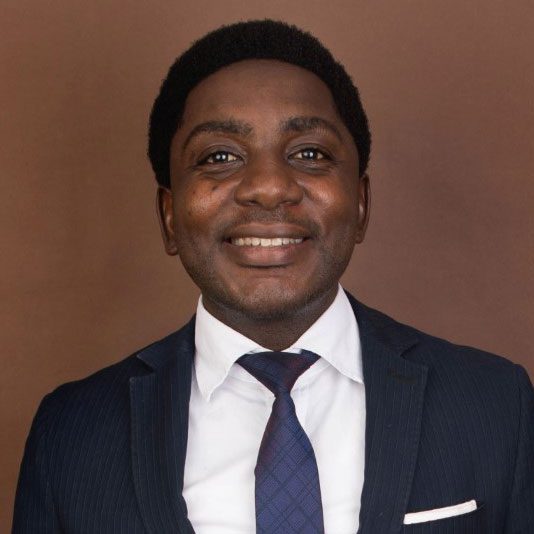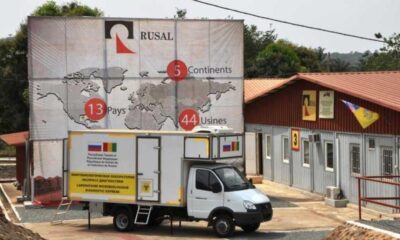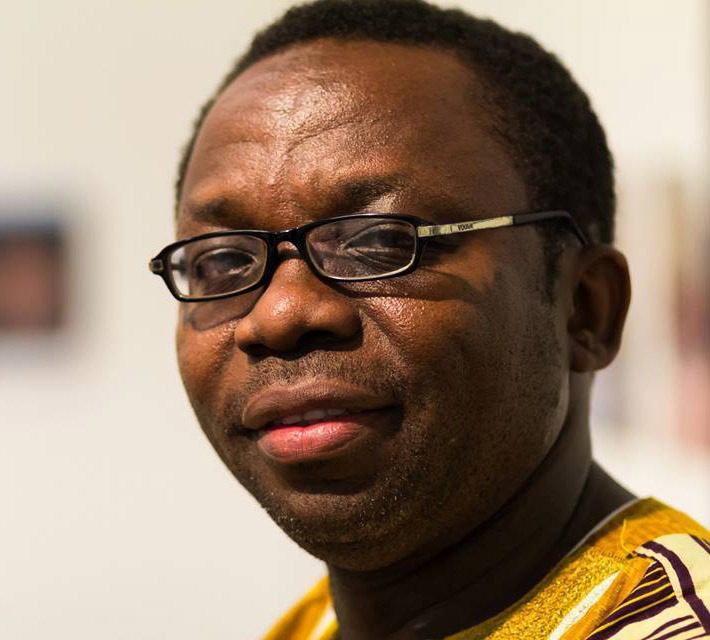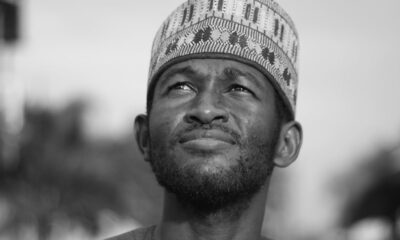National Issues
The Weakest Link -By Sesugh Akume

Nigerians love oppression and their oppressors. We love dictatorship and dictators. The thinking is, that is what gets things done, gets results. Nothing underscores this in many people’s view as the handling of the coronavirus pandamic by China, an authoritarian regime, on the one hand, and the United States of America, a democracy on the other.
China where the pandemic originated has recorded 81,708 cases with 3,331 deaths, as the country seems to have been through its worst nightmare, the US on the other hand has already recorded 362,599 infections with 10,685 deaths and it seems the worst is yet to come. (Please note that the above records are the most current at the time of this writing.) This is used to score authoritatianism, invasion of privacy, restriction of personal liberties, propaganda, etc as what works. Others say we are in a war situation and therefore constitutionalism, process, systematic thinking, order, as well as democratic norms, tenets, and practices should all be jettisoned in order to fight and win this war. But do the facts support this?
Taiwan is 130 kilometers from mainland China, with 850,000 Taiwanese living and working in China. With their geographic proximity and high-frequency economic exchanges, it was naturally expected for Taiwan to be heavily hit but after the first case was reported on 21 January this year, there have only been a total of 373 cases and 5 deaths.
Taiwan took the pandemic very seriously early, and had a clear path to success right at the beginning. Their anti-coronavirus strategy utilised an adroit combination of vigilance and early detection, proactive measures at prevention, information sharing across government agencies, deploying technology by analysing big data and making the most of online platforms in sharing information with the public, to for instance track infected persons, and notify the public where the infected persons have been in order to prevent them from contracting the disease, and so forth. The country relied heavily on the existing Communicable Disease Control Act (CDC Act) and subsidiary regulations to tackle the pandemic.
Their parliamentary elections were in January, the new legislature was inaugurated on 1 February, and immediately commenced work, 24 days later on 25 February, the Special Act for Prevention, Relief and Revitalisation Measures for Severe Pneumonia with Novel Pathogens (COVID-19 Special Act) was enacted with clearly-worded, concise, and actionable articles translated into regulations.
Based on Article 9, for instance, the Regulations Governing Compensation of Periods of Isolation and Quarantine for COVID-19 were emplaced on 10 March. This makes people in isolation and quarantine eligible for $30 allowance daily for the 14 days. Within this time, food, books, and other supplies that can ease life during the period are guaranteed. With this in place, why would infected persons not willingly turn in themselves? Or why would they escape from isolation centres?
Article 11 of the COVID-19 Special Act authorises $1.96 billion government expenditure for relief, compensation, and economic stimulus. There are also clear guidelines on how the government is to account for the money, and who is to do so and when, monthly and quarterly.
There has been adequate compensation for factories, service providers, and personnel working extra at this time. Whilst most countries are facing serious shortage of masks and other critical medical supplies, Taiwan’s supplies have risen at a steady pace. Relevant legislation and subsidiary regulations have been used to increase supplies, prevent hoarding and exploitative pricing. For instance, $6.8 million was used to aid industries to create 60 new mask production lines, thereby increasing daily production of masks from 1.8 million pieces to 10 million pieces. Technology is then used to inform the public of where masks can be gotten.
It is therefore clear that Taiwan tackled the COVID-19 public heath crisis within transparent, democratic, and legal frameworks, and has been out and out, the best at it. The country has no intention of going outside of the law to address the crisis, as Tsai Ing-wen, the president stated recently that even contingencies are addressed by existing legislation.
Whereas the Trump White House sternly warned federal health officials to treat top-level coronavirus deliberations as classified information, Taiwan went through great lengths to do just the opposite by keeping the citizens constantly engaged with open, factual information. The transparent communication between government and civil society also helped stave off disinformation campaigns and rumours. The impressive transparency and public engagement is in stark contrast to China’s use of draconian, coercive measures, censorship, opaqueness, and in fact the false and not very honest reportage of the pandemic China has been deploying.
Taiwan is therefore the global model for how democracy trumps authoritarianism in handling not only a public health crisis, but how democracy guards and nurtures public trust as the most sustainable solution to any crisis or situation at all.If one may ask, what is the title of Nigeria’s coronavirus legislation? How many clear, easy-to-understand regulations emanating from existing legislations do we have? In this time and age all we have are orders being issued verbally, or sent out as press releases by the president and governors, many of which are ultra vires them. Some of the regulations are shifting goalposts being orally negotiated after announcement. We love mediocrity and ‘anyhowness’. Nigerians support it. We say it’s a crisis situation and so anything goes. ‘Anyhowness’ does NOT solve problems. It only compounds, complicates and even creates more problems.Ahmed Lawan, the senate president, couldn’t pronounce COVID-19, or coronavirus, he called is ‘Code 19 va-rious’. Danjuma Goje called it different names including ‘corona verses’. Abdullahi Adamu removed his face mask in plenary, sneezed with his mouth wide open, and wore it back. Kashim Shettima went for an oversight function where everybody was standing choked shoulder to shoulder, with no regard for social distancing. All of them are senators. Ndudi Elumelu first asked that the House of Representatives be shut down for the safery of members, when his motion didn’t pass, he asked that the clerk ensure that the virus is kept away from the National Assembly. Soon afterwards, the entire National Assembly closed shop as all went their way. Within this time, however, House members are taking delivery of their exotic ‘official’ cars. This is the quality of our own legislature.
Muhammadu Buhari has been approving billions of naira ostensibly to combat COVID-19 without appropriation or oversight. The humanitarian affairs minister says 20,000 naira is to be shared to 2.6 million vulnerable Nigerians. Nobody has seen the names or locations of these supposed beneficiaries. This minister, Sadiyya Umar Farouk, is the same person who as head of the refugee commission, dates for internally displaced persons, victim of Boko Haram, were stolen, for which the country apologised to the donor, the Kingdom of Saudi Arabia. Nothing happened to anybody, rather she was rewarded and upgraded to a minister. It is this same person who is doling out money with zero accountability or oversight.
The symbol of democracy is the legislature. Democracy has failed in Nigeria, clearly because the country has a useless legislature. Earlier on, we excused our faulty foundation as a ‘nascent’ or ‘fledgling’ democracy. Two decades on, we are nowhere on the democracy journey, we are at best under civil rule. The weakest link in our pretend democracy is the legislature.

















